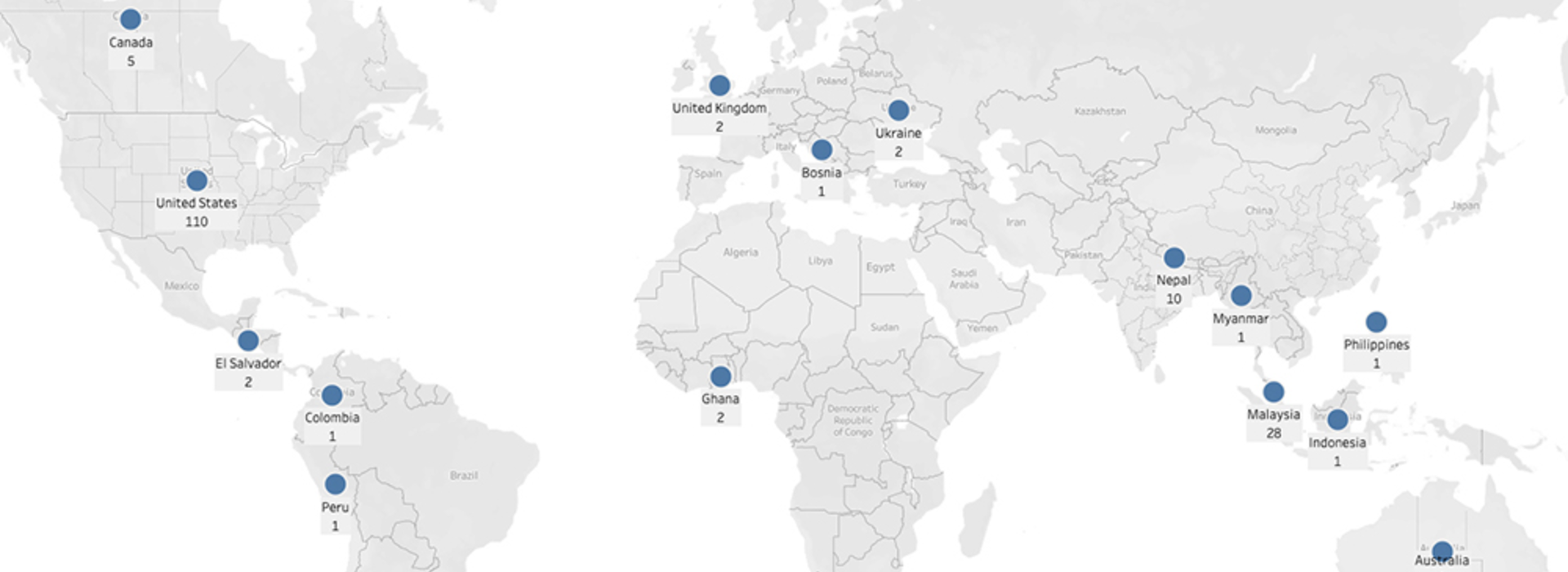
Free, New Course Now Available Addressing Disaster Preparedness, Infectious Disease Outbreak Response
In addition to the research for treatments and vaccines and the service of high-quality patient care in hospitals, a key weapon in battling a pandemic is education. Faculty from the University of Minnesota Medical School, who for decades have served as leaders in global health clinical education, launched a 10-hour course addressing disaster preparedness and responses to infectious disease outbreaks—now available worldwide for free.
“Just about every physician and much of the general public are suddenly in a position where they need to know so much more about outbreaks and how to handle disaster circumstances,” said Kristina Krohn, MD, an assistant professor in the Department of Medicine. She says knowing the foundational principles places every individual, despite their profession, in a position to make responsible choices during pandemics like COVID-19.
“It’s not just going to be infectious disease doctors making these decisions. It’s going to be small town hospitals and clinics, and it’s going to be people advocating to their local representatives to do what is best in the public health interest for their communities,” she said.
Dr. Krohn oversees the online aspect of the Department of Medicine, Global Medicine’s “Clinical Tropical Medicine and Global Health Curriculum.” The entire course, for trainees and practicing physicians, consists of more than 300 hours of content and, for more than 15 years, has taught the principles for addressing disease outbreak preparedness and response. More than 400 faculty have participated in the course, drawing from local expertise as well as national and international experts, including collaboration with the Centers for Disease Control and Prevention.
“This course has been recognized as the biggest, longest-running course in the United States in clinical global health for physicians,” she said.
Dr. Krohn, along with many of the course faculty, practice medicine both globally and locally. It was in between emergency department patients and hospital rounds that the group, over several phone calls at the start of the COVID-19 outbreak in Minnesota, formed the idea to condense the course material into a learning experience more accessible to anyone in the world. Within one week, Dr. Krohn had handpicked the most appropriate material and launched the 10-hour course free of charge.
“On the first day we offered it, we had about 100 people sign up, and by the next day, about 7 people had completed the course,” she said.
Today, more than 450 students from 30 countries have enrolled—all the way from El Salvador and Malaysia to North Carolina and Arizona. The course has three sections: groundwork in preparedness, infection prevention and understanding international, national and local roles during humanitarian disasters and disease outbreaks.
“None of this material is COVID-19 specific and is from current online content pre-dating the outbreak,” Dr. Krohn said. “This is all focused on the principles about outbreaks, pandemics, infection prevention and the management of other aspects during disasters, which is all relatable to our current circumstances.”
Dr. Krohn says students will learn about how to prioritize infectious diseases, how to set up a medical ward, how to protect themselves as providers, what to do with infectious waste, how to legally manage quarantines and, even, how to communicate and care for children—all while during an outbreak.
“It’s really clear that this course offers expertise and knowledge that should really be a common good,” Dr. Krohn said. “We’ve said for years that more of our health professionals need to have a basic understanding of these principles, and now we are able to give them the background to make smart decisions during COVID-19.”
To enroll in this free course, visit this website.